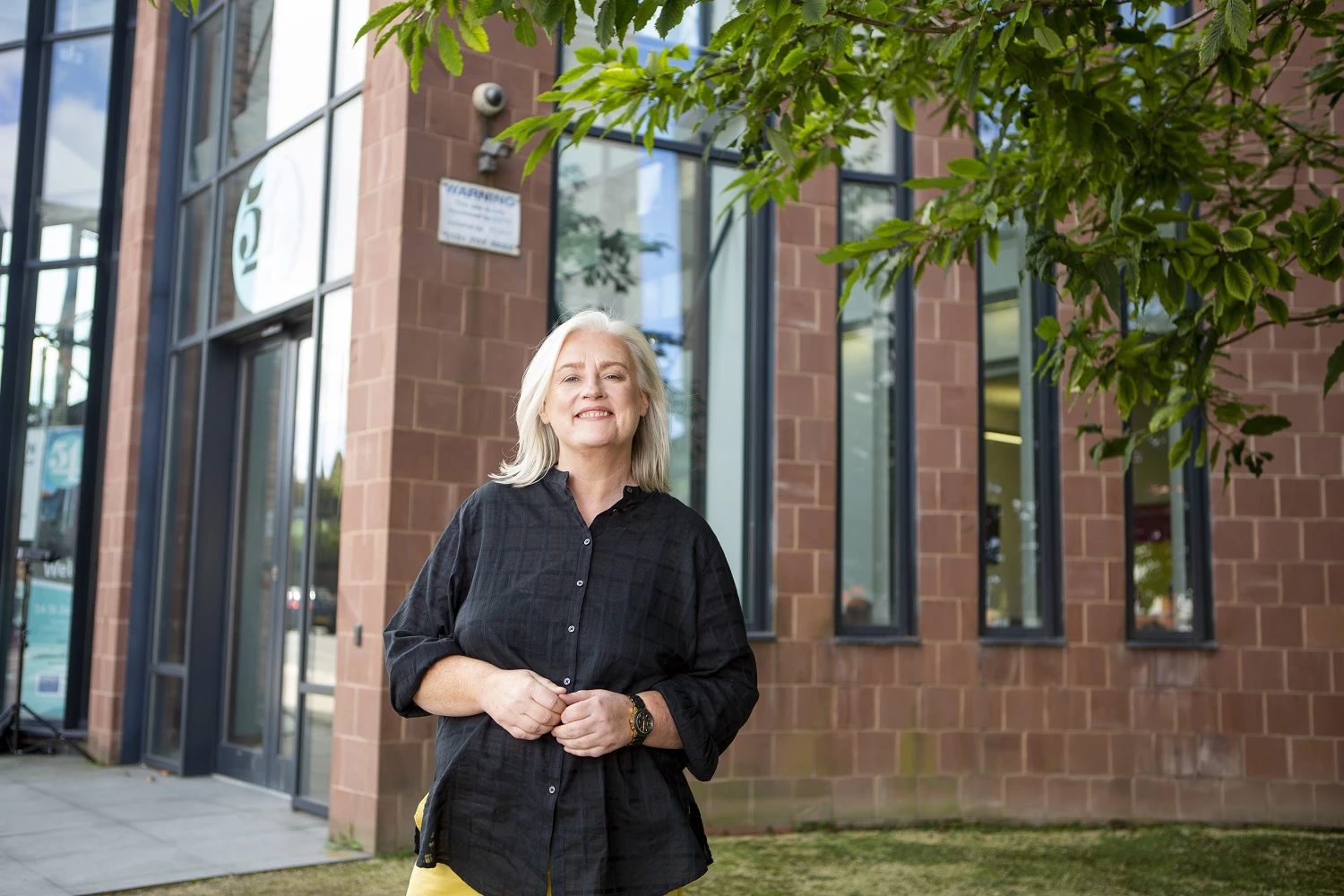
Partner Article
How the Coronavirus crisis has ‘shone a stark and concerning light’ on the pre-existing inequalities faced by women
The global pandemic is having a disproportionate health, social and economic impact on women and other minority groups across the UK, according to The Women’s Organisation.
Statistics revealed in the ‘Crises Collide: Women and Covid-19’ report from the Women’s Budget Group show alarming indicators on the immediate impact that the Coronavirus pandemic is having on different groups of women.
Internationally leading social enterprise, The Women’s Organisation, is now sharing its reaction to the disproportionate impact the pandemic is having on women and other minority groups across the UK.
Maggie O’Carroll, CEO of The Women’s Organisation, says: “The Coronavirus outbreak has triggered an unparalleled socio-economic crisis which has compounded the pre-existing inequalities within our society, meaning that different groups, particularly women, have been affected differently and often disproportionately. Indeed, the global crisis has shone a stark and concerning light on the impact of these deep-rooted inequalities on women, as revealed in the Crises Collide report.”
O’Carroll says that there are urgent health, social and economic factors at play here.
She says: “Firstly, we have the immediate health risk to women working on the frontline in the UK, where 77% of healthcare workers and 83% of the social care workforce are women. This translates to three quarters of ‘high risk’ roles with exposure to the virus.
“Within households, the Coronavirus lockdown has exacerbated the risk to women who are victims of Domestic Abuse and it also serves to make it more difficult for victims to attempt to disclose abuse, either to a health professional outside of the home, or to friends and family. We also know that women are more likely to be living in poverty, particularly in female-headed households where 45% of lone parents (90% of whom are women) are living in poverty.
“Economically, women are more likely to have suffered financially. Young women are more likely to work in the sectors like hospitality, leisure and tourism which have been hit hardest by the lock-down. Their employment is also more likely to be low paid and insecure. Take for example, 69% of low paid earners are women and they also make up 54% of those on zero hours contracts.
“The impacts of this will be far reaching and so it is essential that the right support is put in place to redress this balance to make sure the women and other groups are properly protected and supported to recover from this to play full roles in social and economic life. That’s why The Women’s Organisation will continue to lobby local and national government to make sure there’s adequate resources in place to tackle these inequalities moving forward.”
The Women’s Organisation is recognized as the UK’s largest female enterprise agency providing a range of services focused on supporting women to take a more active role in social and economic life.
Throughout the crisis the organisation has been leading the way in lobbying national government to address the most pressing issues faced by women across the UK.
Here are some of the key statistics from the ‘Crises Collide: Women and Covid-19’ report:
• Women are the majority of health and care workers. 77% of healthcare workers are women, as are 83% of the social care workforce.
• Women are the majority of workers with highest exposure to Covid-19. Of the 3,200,000 workers in ‘high risk’ roles, 77% are women. Over a million of these workers are paid below 60% median wages. 98% are women.
• Young women are disproportionately likely to work in the sectors that have been hit hardest by the lock-down. 36% of young women and 25% of young men worked in sectors that have been closed down including restaurants, shops, leisure facilities and travel and tourism.
• Women are more likely to be low paid and in insecure employment. 69% of low paid earners are women 74% of those in part-time employment are women. 54% of those on zero hours contracts are women.
• Women are the majority of people living in poverty and female-headed households are more likely to be poor. For example, 45% of lone parents (90% of whom are women) are living in poverty.
• Women are more likely to experience domestic and sexual violence and abuse. More than 1 in 4 women will experience domestic abuse during her lifetime: that is 1.3 million women under 60 in the last year alone.
This was posted in Bdaily's Members' News section by Sarah Brown .








 £100,000 milestone drives forward STEM work
£100,000 milestone drives forward STEM work
 Restoring confidence for the economic road ahead
Restoring confidence for the economic road ahead
 Ready to scale? Buy-and-build offers opportunity
Ready to scale? Buy-and-build offers opportunity
 When will our regional economy grow?
When will our regional economy grow?
 Creating a thriving North East construction sector
Creating a thriving North East construction sector
 Why investors are still backing the North East
Why investors are still backing the North East
 Time to stop risking Britain’s family businesses
Time to stop risking Britain’s family businesses
 A year of growth, collaboration and impact
A year of growth, collaboration and impact
 2000 reasons for North East business positivity
2000 reasons for North East business positivity
 How to make your growth strategy deliver in 2026
How to make your growth strategy deliver in 2026
 Powering a new wave of regional screen indies
Powering a new wave of regional screen indies
 A new year and a new outlook for property scene
A new year and a new outlook for property scene